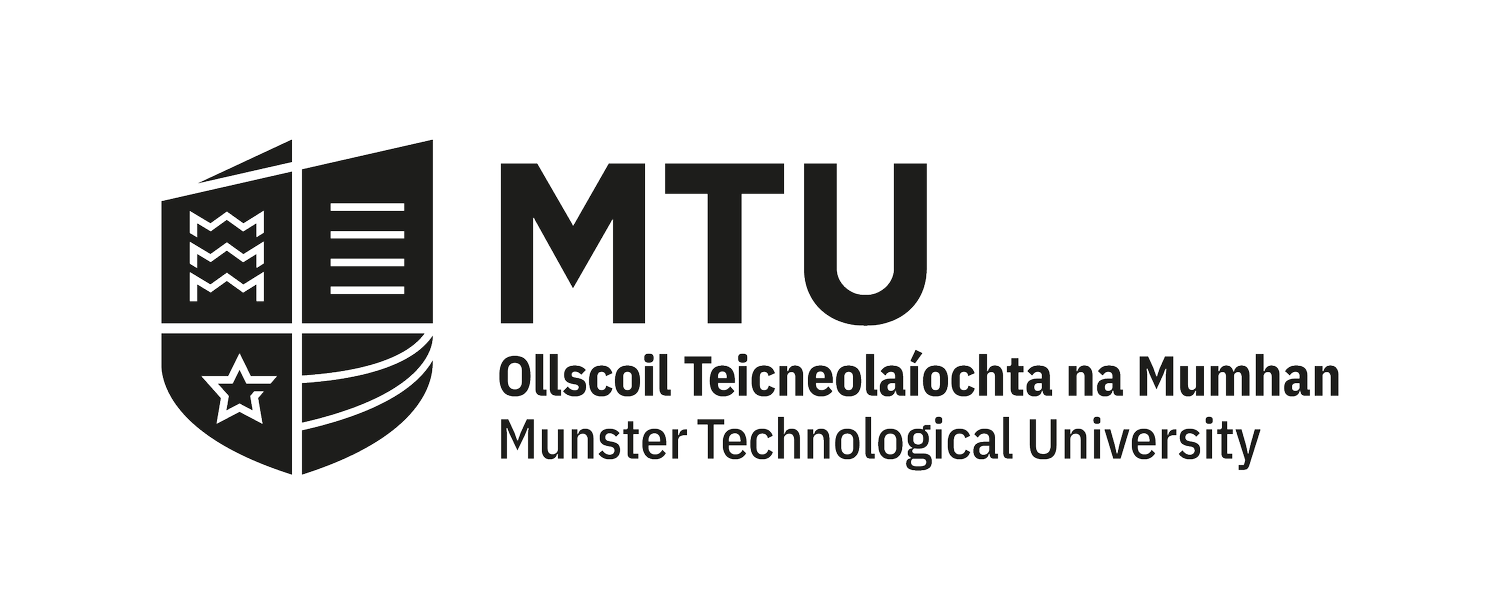Postgraduate Certificate
User Experience and Service Design
User Experience (UX) is a field concerned with understanding and improving the ways the users interact with an organisation and its digital products or services. Service Design (SD) is a closely related field that is focused on the creation of optimal experiences and sustainable solutions for both customers and service providers. Emerging from disciplines including human factors, ergonomics, and cognitive science, UX and service design as user-centred design (UCD) disciplines have come to be established as an integral part of the lifecycle of all products or services over the past few decades. From initial research, through product design and development, to user testing and improvement, UX and SD skills are required at every stage in the production of digital products and services. Skills such as qualitative and quantitative user research, interface and interaction design, customer experience mapping, and low- and high-fidelity prototyping are critical for the success of any new product or service. There is a growing need for skilled professionals with expert knowledge in UX and SD in the modern workplace.
Graduates of this programme have the opportunity to progress their study to Masters level in semester 2 by choosing either the Master of Arts (MA) in User Experience And Service Design or the Master of Science (MSc) in User Experience And Service Design.
The programme is delivered entirely online, this means the programme offers the flexibility and convenience of studying at a distance. 1 Semester (September – January).
Course Overview
What will I study?
This programme will provide students with the fundamental knowledge, skills and competencies in the field of User Experience and Service Design.
Programme Structure
Semester 1
Fundamentals of UCD
UX and SD Tools and Technologies
Design Thinking for Services
Design Project Management
What is a Module?
A module is a standalone unit of learning and assessment and is completed within one semester. A full-time student will normally study up to six modules (5 credits per module) or less modules where larger credits are awarded, in each semester; part-time and ACCS (Accumulation of Credits and Certification of Subjects) students will have flexibility as to the number of modules taken.
Semester 1
This module provides the students with a practical and critical introduction to the fundamentals of user-centred design (UCD) including expert design skills, user research and user testing to enhance the overall experience a user has while engaging with a digital product or service. As part of this module, students will learn about the landscape of user-centred design, user experience design (UXD) and service design (SD) from its history to the current trends in the field.
Contact hours (lecture/lab) per week: 3
Credits: 10
The aim of this module is to highlight the use and purpose of different tools and technologies as part of the user experience and service design process, e.g. user research, prototyping, usability testing, etc. Students will learn about the purpose and features of everyday user experience and service design tools and they will learn how to utilise them as part of the user experience & service design process. This module prepares participants to utilise user experience and service design tools and technologies for the purpose of implementing a user experience or service design project from start to finish.
Contact hours (lecture/lab) per week: 3
Credits: 10
This module aims to provide students with the necessary theoretical knowledge and practical skills to support the execution of a design thinking approach for the design of services or products. The module addresses the role of team members, approaches for understanding users, research methods, prototyping, and presentation of findings.
Contact hours (lecture/lab) per week: 3
Credits: 5
This module will equip the learners with the tools and techniques necessary to manage UX or Service design projects. The learner will be able to apply modern project management techniques to manage design projects in in-person and digital environments.
Contact hours (lecture/lab) per week: 2
Credits: 5
Entry Requirements
Applications are invited by way of a submitted application form and shortlisted candidates will be interviewed in July/August. Normally, an Honours 2.2 Degree in a cognate area is required and work-based experience is an advantage.
Recognition is given for relevant prior learning where the applicant does not have a relevant Honours Degree, and the applicant should contact the course coordinator.
What is RPL?
Recognition of Prior Learning (RPL) is when formal recognition is given for what you already know prior to starting on a programme or module. With recognition of prior learning the focus is on learning and not on experience as such. You can apply for RPL in any MTU accredited programme or module. Programmes which are accredited by professional bodies or any external awarding bodies may have their own procedures for RPL which you should refer to.
Fees
€1,800
Please note that applicants will be required to pay an acceptance fee of €600 online if a place on a course is offered. This fee is deductible from the overall course fee.
Note: You will not be charged for applying for the programme by clicking the 'apply now' button, you are only asked to pay an acceptance fee if a place is offered to you and you wish to accept it.
Late applications may be considered if places are available.
